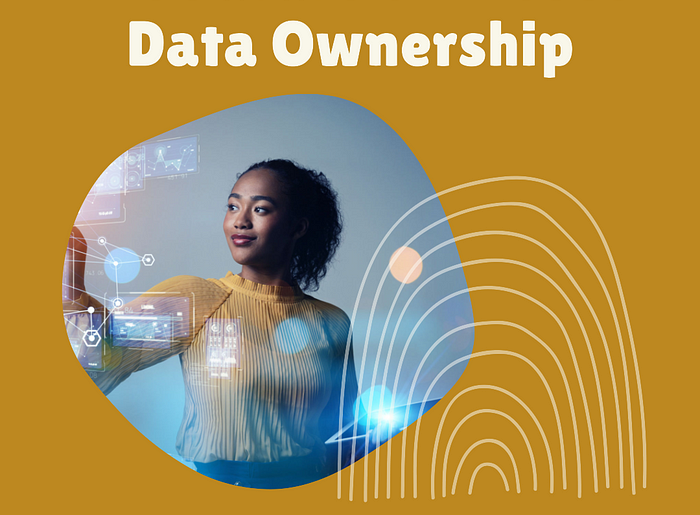As the world becomes increasingly digitized and interconnected, the need for individuals to control their data has never been more important. The rise of web3 technologies, such as blockchain, solves this problem by allowing individuals to own and control their data.
According to a recent report by the World Economic Forum, personal data is now one of the most valuable commodities in the world, with the global data economy estimated to be worth over $3 trillion. However, despite its value, personal data is often collected, stored, and used without individuals’ consent or knowledge. This lack of control over personal data can lead to data breaches, identity theft, and other privacy violations.
Web3 technologies, such as blockchain, offer a solution to this problem by enabling individuals to store their data in a decentralized, secure, and transparent manner. By using blockchain, individuals can control who has access to their data, how it is used, and how it is shared. This gives individuals the power to decide who they want to share their data with and for what purpose.
In addition to providing individuals with greater control over their data, web3 technologies can potentially transform how businesses and organizations operate. Organizations can create more secure and transparent systems for data sharing and collaboration by using decentralized technologies. This can increase efficiency, better decision-making, and improve trust between parties.
However, there are also challenges to be addressed in adopting web3 technologies. One of the biggest challenges is interoperability between different blockchain networks. There are hundreds of different blockchain networks, each with unique features and capabilities. For web3 to truly take off, these networks must be able to communicate and interact with each other seamlessly.
Another challenge is the need for greater education and awareness around web3 technologies. While the potential benefits of web3 are significant, many individuals and organizations are still unfamiliar with these technologies and their potential applications.
In conclusion, the future of web3 is data ownership. As the world becomes increasingly digital, the need for individuals to control their data has never been more important. Web3 technologies, such as blockchain, solve this problem by enabling individuals to control their data securely, decentralized, and transparently. While there are challenges to be addressed, the potential benefits of web3 are significant and cannot be ignored.
Feel free to share your challenges and concerns with me and/or any other relevant subject





